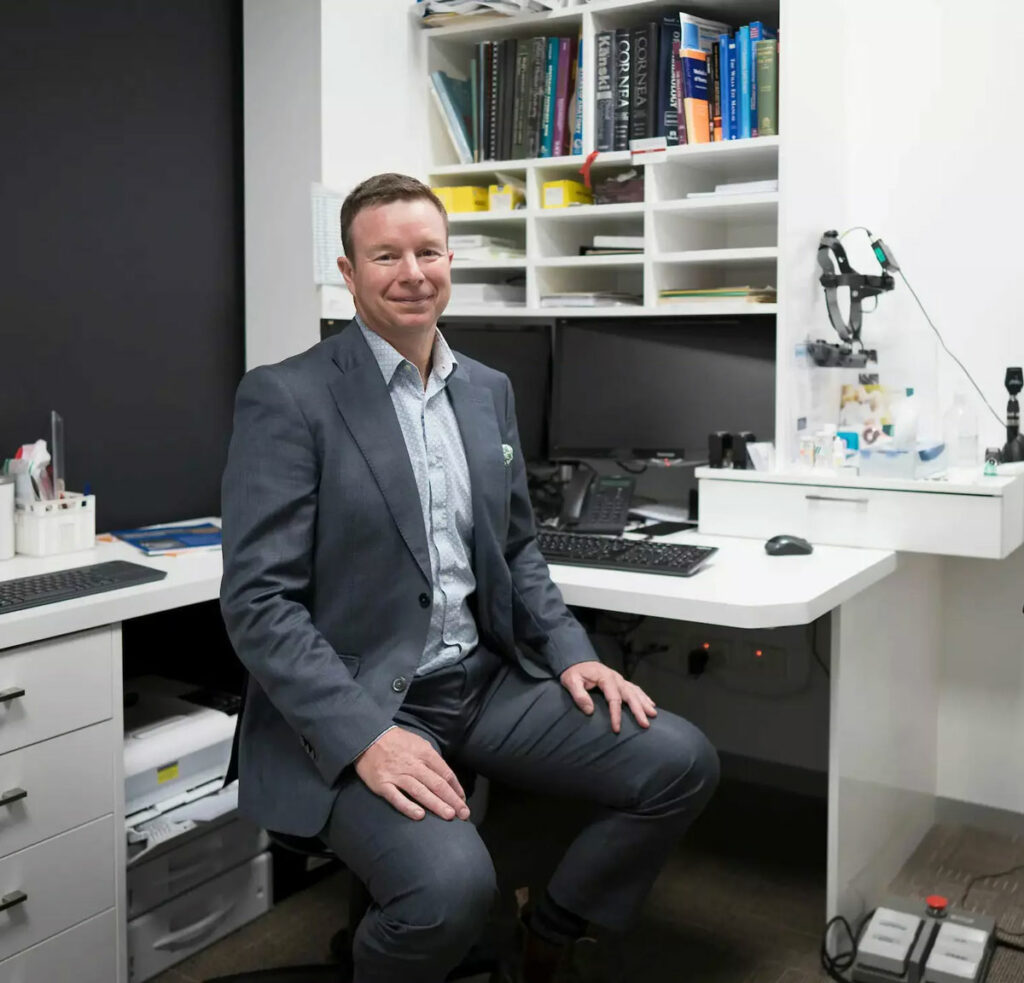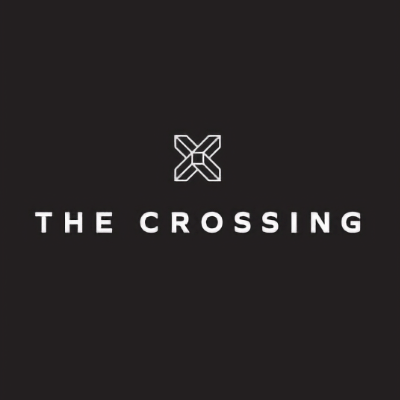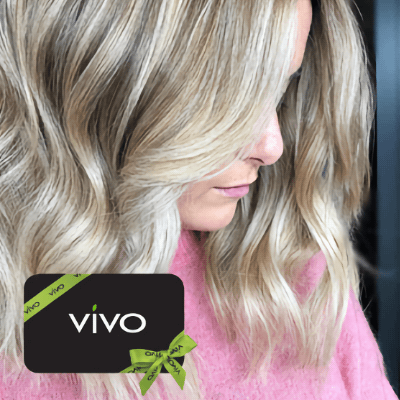Dr John Rawstron
Cataract, LASIK, SmilePro® PRK, PTK, corneal transplant
MB ChB, MPH, GDipM (Refract Surg), FRANZCO
With extensive education, surgical experience, and a career that has taken him far and wide, Dr John Rawstron delivers valuable insight and passion in his focus on the highest quality results.
Along with laser refractive surgery, John’s subspecialties include corneal surgery, anterior surface ocular disease, pterygium, and refractive cataract surgery.
This expertise is his strengthened by his prodigious training and education. On top of a medical degree from the University of Otago, John has completed a Master of Public Health through James Cook University in Queensland and also studied at Sydney University, where he completed the world’s first formal qualification in refractive surgery.
The point of view
It was impressive tales of the medical field from his grandfather that first drew Dr John Rawstron into medicine. Then it was his love for detailed application of skill that saw him specialise in ophthalmology. He summarises the appeal of the work succinctly.
“It’s a good job for going to work each day to do positive things,” he says. “You get to work with your hands and there’s the overall sense of life-long learning – which is also really appealing.”
And learn he has. Graduating in 1996 with a medical degree from the University of Otago, John went on to complete a Masters in Public Health through James Cook University in Queensland in 2005. He then trained in ophthalmology before continuing on to undertake a dual fellowship in cataract and refractive surgery, corneal, and anterior segment surgery, working with world renowned surgeons in Perth.
Not one to sit back and take it easy, he then completed the first ever formal qualification in refractive surgery at Sydney University in 2012. From there he moved on to become a corneal consultant at Royal Perth Hospital and a refractive surgeon at the Western Australia Laser Eye Centre.
After a stint of travel with his wife, Angela, who’s career as an obstetrician-gynaecologist has reached similar heights, John has been happily settled in Christchurch since 2013.
Along with his work at Southern Eye Specialists he also holds surgical appointments at Christchurch Public Hospital, Christchurch Eye Surgery and Southern Cross Hospital.

A corneal transplant surgeon with a passion for reconstructive surgery, John’s work focuses on the anterior segment of the eye. He recently completed his first procedure with an artificial iris lens.
“It means that if someone rips out a part of their iris nowadays there’s a decent lens we can put in,” he says. “It’s really cool.”
With new approaches and technologies being developed all the time it is sometimes difficult to know the exact best approach to take.
John enjoys the pressure of the work and takes a pragmatic approach to any recent innovation, ensuring the best result for the patient is always the priority.
“Change itself shouldn’t be seen as a bad thing. If something can be done better, or you can treat something you couldn’t treat before, well, that’s excellent. I really like that there’s always a new device or process arriving – there’s always something on the horizon.”
“The evolution in the techniques is always interesting,” he says, pointing to laser refractive surgery as an example. “I used this in the past to treat scarring on corneas or corneal surface diseases. You can use these lasers for more than just achieving good vision.”
There’s a lot of satisfaction in helping people and seeing the difference his work makes. One of the most common operations completed is on cataracts, including complex cataracts for patients with unusually shaped or sized eyes, or with previous trauma.
“A standard cataract operation is pretty straightforward. These (complex cataracts) are often really satisfying,” he says. “They are more challenging and you’re getting really good results.”
While managing expectations is important John finds New Zealanders are realistic in their understanding of the results of any specific procedure. He also knows that his skillset is just part of the bigger picture, with the team environment and mutual support at SES a huge benefit to the standard of care.
“For example, I was on-call the other week and had an unusual case that wasn’t in my area. At times like this I know I can just ring up Genevieve and ask for her advice,” he says. “Or it could be Antony about children’s eye treatments or Jo about neuro work.”
“They’ll be ready to help, or they’ll cast the net wider, reaching out to colleagues in Australia or the States for further guidance and the best result.”
The work can still be challenging, however. Sometimes patients present with trauma and injuries that can be difficult to come to terms with.
John sees getting away and depressurising as an important part of remaining focused in his work.
“Yes, I’ve become an ‘old man in lycra’. But Christchurch is brilliant for cycling, it’s really enjoyable and, helpfully, you’re not really going to break anything… unless you come off.”
“I’m pretty good at switching off but, as I’ve got older, I notice I am doing it less. I do spend the odd night here and there thinking about patients.”
His wife’s career means she is on-call often and, with two doctors in the family and two teenage boys, “life is eventful, but good.” John ensures there’s time to recharge by booking in leave over the school holidays and getting away to Wanaka.
Another key method to decompress and keep healthy is through road cycling, a pastime he took up in recent years after sustaining injuries in other sports.
He is not worried by the early starts and enjoys entering races such as the Four Passes South Island cycle tour.
“If you don’t have any contact with other views and other lives you don’t realise what your actual position is – how privilege works, and why respect and empowerment matter so much.”
He also appreciates the chance to “live vicariously through the kids’ sport”. The proud parents travel to support rowing efforts in last year’s Maadi Cup and love the chance to see their children play football and other sports. His love of learning is not confined to work either.
“We are are also studying Te Reo, doing the level 2 course – which has been really, really great,” he says. “My wife wanted to reconnect with her culture, and my boys are Māori. It’s a change in scene and there’s new people to meet. It’s been incredibly valuable.”
The value isn’t just personal. The support it has given to his professional life has been important too.
“It gives you a completely different perspective,” he says. “If you don’t have any contact with other views and other lives you don’t realise what your actual position is – how privilege works, and why respect and empowerment matter so much.”
This understanding and personal connection is emblematic of his overall approach to patient care and a huge part of what makes him such a well-respected and trusted member of the medical community.


